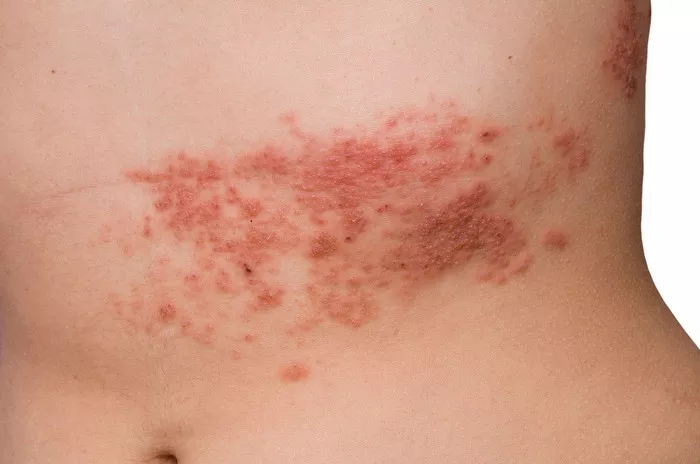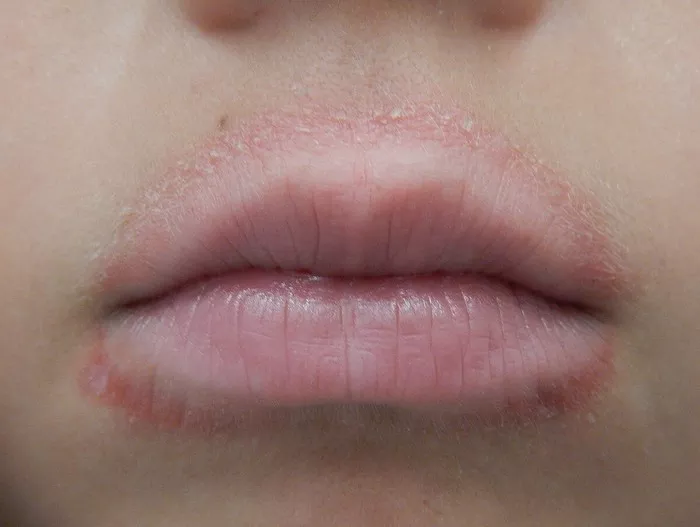Ringworm is a common fungal infection that affects many people, especially children. Despite its name, ringworm is not caused by a worm. Instead, it is caused by fungi known as dermatophytes, which live on the skin, hair, and nails. Understanding where ringworms live and how they spread is essential to preventing and treating this infection. In this article, we will explore the different environments where ringworms thrive, how they spread, and what you can do to protect yourself.
What is Ringworm?
Ringworm is a skin infection caused by fungi, not worms. The fungi that cause ringworm are dermatophytes, a group of fungi that feed on keratin, a protein found in the skin, hair, and nails. When the fungus infects the skin, it creates a ring-shaped, red, scaly rash that can be itchy and uncomfortable. Ringworm is highly contagious, and it can spread from person to person, animal to person, or even through contaminated objects.
Where Do Ringworms Live on the Human Body?
Ringworm can infect several areas of the body. The most common places are the scalp, feet, body, and nails.
Scalp (Tinea Capitis): Ringworm on the scalp is common in children. It can cause hair loss and scaly patches on the scalp. The fungi that cause this infection live in the outer layer of the skin and hair follicles.
Feet (Athlete’s Foot or Tinea Pedis): Athlete’s foot is a type of ringworm that affects the feet, usually between the toes. The warm, moist environment of shoes makes it an ideal location for the fungus to grow and spread.
Body (Tinea Corporis): Ringworm on the body, also known as tinea corporis, typically appears as round, red, itchy patches. It often occurs on the arms, legs, and torso. The fungi can live on the surface of the skin and spread through contact with infected people or objects.
Nails (Tinea Unguium or Onychomycosis): Ringworm can also infect the nails, causing them to become thick, discolored, and brittle. The fungus can live in and around the nail, often leading to discomfort and difficulty in maintaining proper nail care.
Where Do Ringworms Live Outside the Human Body?
Ringworms do not just live on the human body; they can survive in various environments outside of the body for some time. They can live on surfaces and materials that humans or animals come into contact with.
On Surfaces: Dermatophytes can survive on surfaces like floors, towels, and bedding. Fungi can live for days or even weeks on these surfaces. When someone with ringworm touches these surfaces, the fungi can easily transfer to others who come in contact with them.
In Soil: Dermatophytes can also live in soil, particularly in areas that have been contaminated by infected animals. If a person or animal comes into contact with infected soil, they can contract ringworm. This is more common in rural or agricultural areas where animals are kept.
On Objects: Items such as clothing, hats, combs, and brushes can harbor ringworm fungi. These items can be contaminated if an infected person or animal uses them. Sharing these objects is one of the most common ways ringworm spreads.
How Do Ringworms Spread?
Ringworm spreads primarily through direct contact with an infected person or animal. However, it can also be transmitted indirectly through contaminated surfaces, objects, and environments.
Person-to-Person Transmission: When a person with ringworm touches another person, the fungi can transfer to the skin. This is especially common in crowded places like schools, gyms, and daycare centers where people are in close proximity to each other.
Animal-to-Person Transmission: Pets, especially cats and dogs, can carry the ringworm fungus. Direct contact with an infected animal can spread the infection to humans. Pets may not always show visible symptoms of ringworm but can still be contagious.
Contaminated Objects and Surfaces: Ringworm can live on objects such as towels, clothes, bed sheets, and even on surfaces like doorknobs and benches. People who share these objects can catch the infection. Gym mats, public swimming pools, and locker rooms are common places where the fungi spread.
How Long Can Ringworm Live Outside the Body?
Dermatophytes can survive for a considerable amount of time outside the human body. The exact duration depends on environmental factors such as temperature and humidity. In a warm, moist environment, ringworm fungi can live for several weeks. In dry conditions, they may survive for a shorter period, but they can still remain infectious long enough to be transmitted.
Factors That Help Ringworm Thrive
Several factors can increase the likelihood of ringworm thriving in particular environments. These factors include:
Moisture: Dermatophytes thrive in warm, moist conditions. This is why places like locker rooms, gyms, and swimming pools are hotspots for ringworm. The fungi can grow in sweaty, damp environments, making areas with poor ventilation ideal for their spread.
Heat: Warm environments are ideal for the growth of ringworm. People who sweat a lot or wear tight clothing that doesn’t allow airflow are more likely to develop infections in areas like the feet, groin, or scalp.
Close Contact: Because ringworm is contagious, crowded environments such as schools, daycare centers, and nursing homes are high-risk areas. Sharing personal items like combs, hats, and towels also increases the chance of spreading the infection.
Weak Immune System: People with weakened immune systems, such as those with diabetes or HIV/AIDS, are more vulnerable to ringworm infections. In these individuals, the body may not be able to fight off the infection as effectively, leading to a higher risk of infection in various environments.
How to Prevent Ringworm from Spreading
Since ringworm is highly contagious, it is essential to take preventive measures to reduce the risk of infection.
Good Hygiene: Washing hands regularly with soap and water is one of the best ways to prevent the spread of ringworm. Avoid sharing towels, clothing, or other personal items, especially if they have been in contact with someone who has ringworm.
Keep Skin Dry and Clean: Since dermatophytes thrive in moist environments, it is essential to keep your skin dry. After showering, dry yourself thoroughly, especially in areas like the feet and groin. Wear loose, breathable clothing to help keep your skin dry.
Disinfect Contaminated Surfaces: Regularly clean and disinfect surfaces that may be contaminated, such as bathroom floors, gym mats, and shared objects like hairbrushes and combs. This will help reduce the chance of spreading ringworm to others.
Avoid Contact with Infected People and Animals: If you know someone who has ringworm, try to avoid direct contact with them until the infection has been treated. Be cautious around pets, especially if they show symptoms of ringworm.
Conclusion
Ringworm is a fungal infection caused by dermatophytes that can live both on the human body and in various environments outside the body. It thrives in warm, moist conditions and can be spread through direct contact with an infected person or animal, as well as through contaminated objects and surfaces. By understanding where ringworms live and how they spread, you can take steps to prevent the infection and protect yourself and others. Practicing good hygiene, keeping your skin dry, and avoiding contaminated environments are key to minimizing the risk of contracting ringworm. If you suspect you have ringworm, seek medical advice for proper treatment to prevent further spread.
Related topics:



























